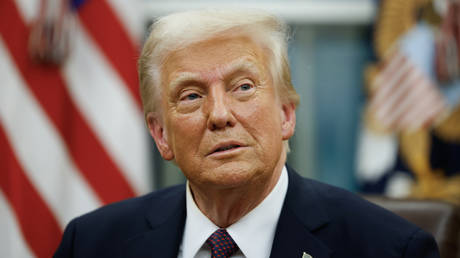US Governor Vetoes First AI Safety Bill
California Governor Gavin Newsom has vetoed a major bill that aimed to introduce the first AI safety regulations in the United States.

The bill, known as Senate Bill 104 or SB 1047, was designed to reduce potential risks from artificial intelligence by requiring companies to test their AI models before making them available to the public.
The proposed law would have forced tech companies to ensure their AI models are safe and to publicly share safety measures to prevent misuse, such as hacking critical infrastructure.
However, Governor Newsom explained in his veto message on Sunday that while the bill had good intentions, it mainly focused on large, expensive AI models and ignored smaller ones, which could also be dangerous. He noted that the bill did not consider where or how the AI systems would be used or whether they involved sensitive data or critical decision-making.
Newsom argued that the bill applied tough rules to even the simplest AI systems. He said, "I do not believe this is the best way to protect the public from real risks posed by AI." He agreed that AI needs regulation but called for more informed policies that evolve with the technology.
California, home to 32 of the world’s top 50 AI companies, plays a major role in shaping AI regulations. State Senator Scott Weiner, the bill's author, expressed disappointment, calling the veto a "setback" for those pushing for more oversight of large tech companies. He vowed to continue working on AI regulation.
Reactions to the bill were mixed. While some viewed it as a step toward national AI regulations, others believed it might slow down AI development. Former US House Speaker Nancy Pelosi called the bill "well-intentioned but ill-informed." Meanwhile, employees from major AI firms like OpenAI, Anthropic, and Google DeepMind supported the bill because it offered protections for whistleblowers who raised concerns about the risks in AI models their companies were creating.






















